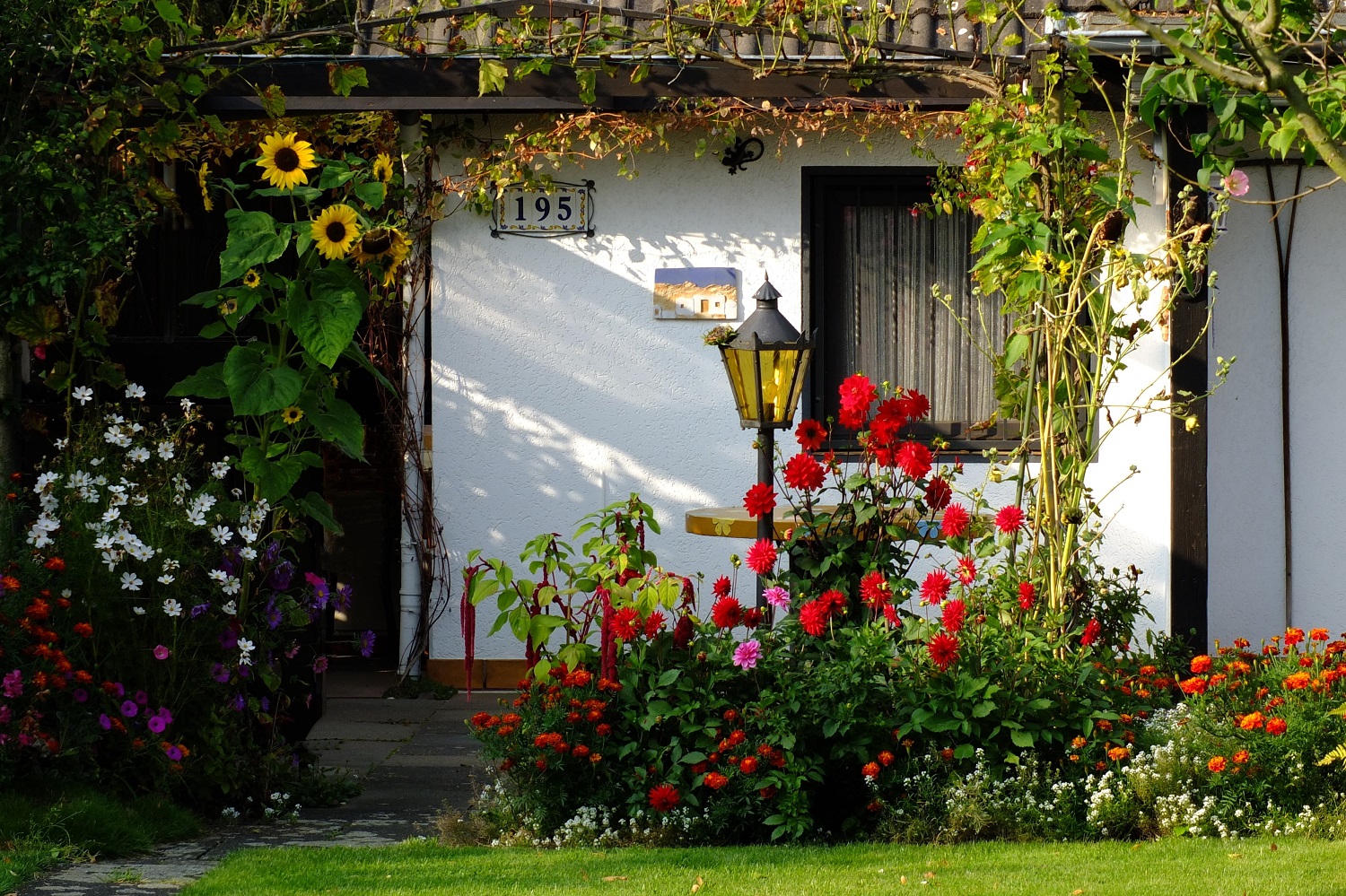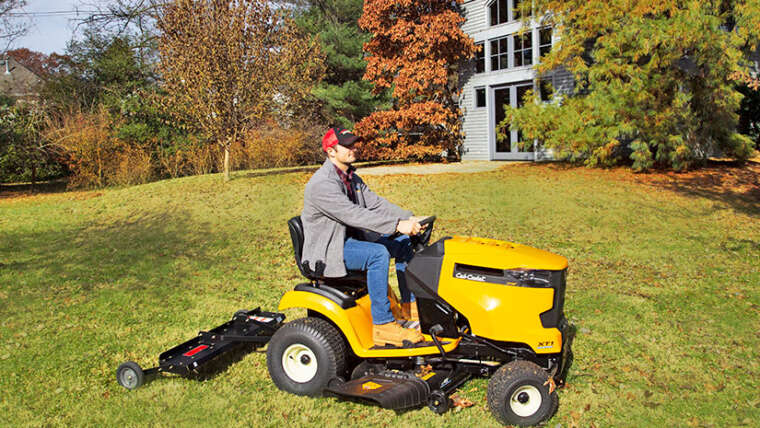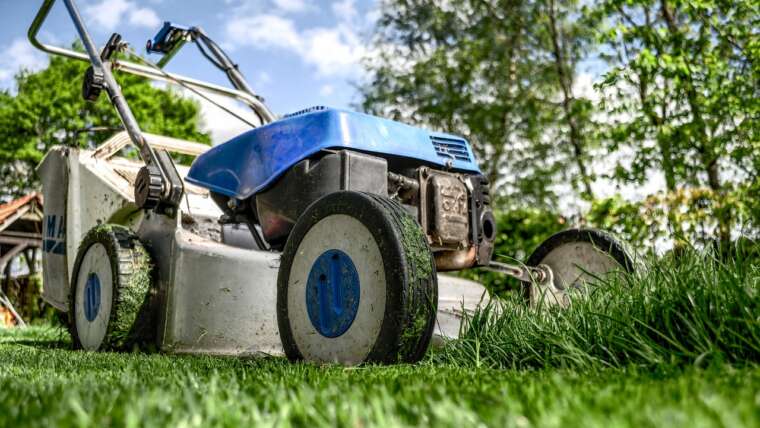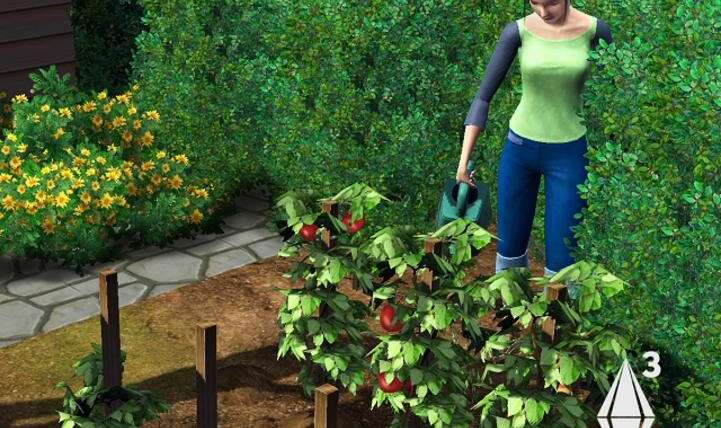Gardening is a delightful activity that has been enjoyed by humans for millennia. The reasons range beyond the obvious survival and nutritional sustenance, to include meditation, environmental sustainability, mental stability, and much more. In recent times, gardening has acquired the status of a trend that has seen the activity enthusiastically embraced by young adults. The coming of the COVID-19 pandemic and the lockdowns that followed rooted this trend even further. As more and more people declare openly the many benefits of gardening, even more converts will be won over. Here are a few tips for starting a garden, or as we like to refer to it, gardening 101.

Table of Contents
What to grow
If, for instance, you’re starting a garden in order to have quiet moments away from the bustle of domestic life, it might not matter what you plant. If, on the other hand, your purpose for gardening is to eat better and beautify your yard or home, then you must be deliberate about what to grow. Being clear on your motive for starting a garden makes it easier to decide what to grow. It is also necessary to consider your beginner status in choosing what to grow as some plants and flowers take more skill to cultivate than others.
What plants need
Like humans, different plants require different things and in varying degrees in order to thrive. While there are some elements essential to the growth of any plant, getting to know exactly what any particular seed needs depends on trial and research. Without enough sunlight, water, and nutrient-rich soil, it is unlikely that any seed will germinate. Getting adequate sunlight and water is easy enough but the same cannot be said for nutritious soil. Since soil gains nutrients through continuous cultivation, your virgin soil may be lacking some necessary nutrients. Use testing kits to determine the fertility i.e. acid and alkaline levels of the soil. Any nutrients that might then be needed can be bought and applied manually to the soil.
Plant protection
It is generally agreed that gardening is an exercise in attention. As such, part of your planning process should involve figuring out how much time you can dedicate to your garden. Once the seeds begin to sprout, it will be necessary to keep close watch as weeds, pests, and diseases can damage your plants. Weed on a weekly basis and keep the garden inaccessible to bugs and other domestic pests or pets by constructing a barrier around the area. Always see to it that your plants get enough sun and water as deprivation of these leaves them vulnerable to disease.
As any gardener – seasoned or amateur – will confirm, being patient and enjoying the process is gardening 101. It is perhaps the best of all gardening tips a beginner might get. As gardening is usually a process of trial and error, it is important for beginners not to fixate on the end goal. The benefits of gardening are obtainable not only when your plants mature but at every stage of the process.


